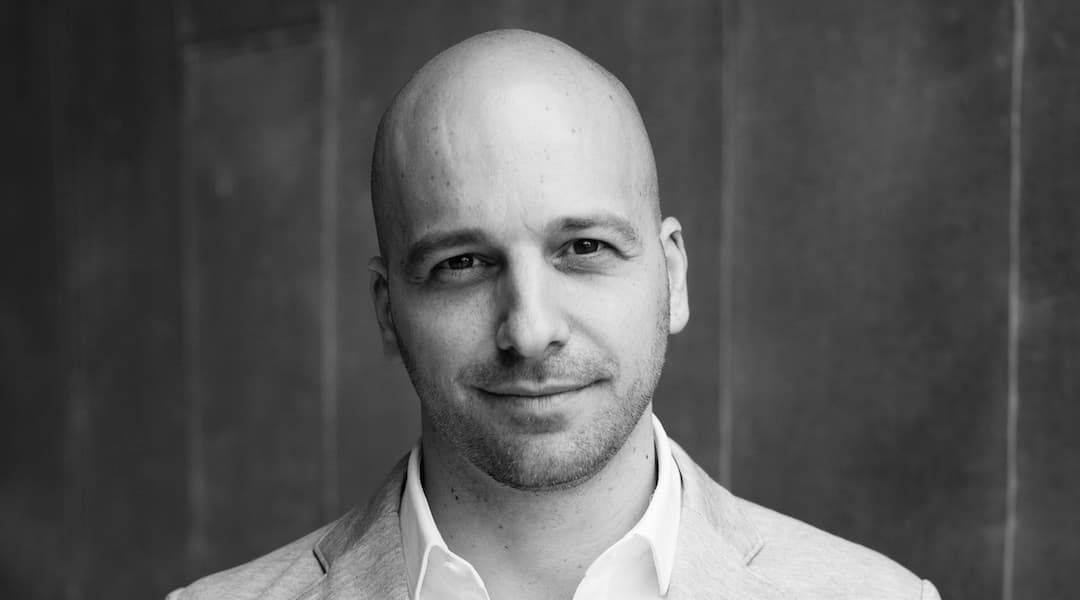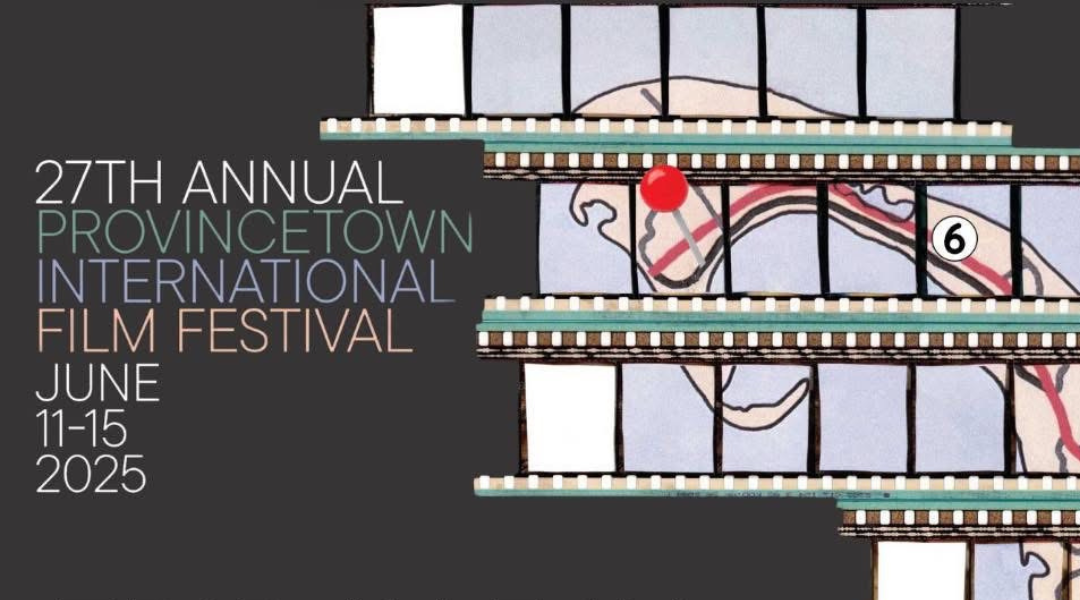
Christopher Castellani

It was a dusty biography of Tennessee Williams, full of rumors and gossip, that inspired Christopher Castellani to write Leading Men, a novel as deeply entangled with Provincetown as with the life of Tennessee Williams himself. Castellani, 49, is the author of four novels, recipient of a Guggenheim fellowship, and the 2004 winner of the Massachusetts Book Award. Yet one of the accolades he wears with the most pride is Provincetown resident.
Castellani first arrived in Ptown to teach at the Fine Arts Work Center in 2004. A Boston resident, he had heard of the artist colony just across the bay but had never stepped foot on its sandy shores. He remembers his first visit fondly, “When I first arrived, I felt like I was in the Isle of Misfit Toys, and I loved it,” he says. The more he explored the town, the more he noticed that the accepting spirit of Provincetown extended beyond just what people were wearing or the way they were acting. “I found this radical acceptance, even celebration, of imperfect art. Which is to say, people trying their hardest to create the best art they could and a recognition of the value of that art no matter how it came out.” Best of all he found a town that had “a sense of playfulness, and didn’t take itself too seriously.”
The cultural atmosphere and radical acceptance that Castellani describes is the same magnetic pull that legions of writers have felt as they migrated to the very tip of Cape Cod. Many come to free themselves from distractions, as Tennessee Williams is said to have done in the dune shacks, where isolation and the stark landscape provide freeing space for artistic creativity. Others come to Provincetown hoping to draw power and inspiration from the storied writers who have come here before. For Castellani, it was a little of both. In the mid-1990s, flipping through a dishy biography called Tennessee Williams, Cry of the Heart, Castellani learned about Tennessee Williams’ often-overlooked 15-year relationship with Frank Merlo, a gay Italian-American working-class man with whom Castellani immediately identified. He knew he wanted to explore this very real relationship between these very real people, but was unsure how.
After reading Father of Frankenstein by Christopher Bram, which explored through fiction the last days of film director James Whale, a lightbulb went off. Castellani saw how fiction, through speculation and exploration, had been able to dig deeper than biography. Castellani felt he had been given permission to experiment. For years, a book about the love between Tennessee and Frank, the good times and the bad, brewed in his head. When he finally stood in the darkened corners of the A-House where Tennessee and Frank met for the first time, he knew it was possible.
Frank Merlo was a handsome man with whom Tennessee spent 15 years of his life. Their relationship would prove inspirational and fortuitous for Tennessee. During those years Tennessee produced some of his most successful works including Cat on a Hot Tin Roof, Night of the Iguana, The Rose Tattoo, and Suddenly Last Summer. Castellani began researching, reading letters, archival documents, and biography after biography. What he uncovered was a relationship full of nuance that was artistic, romantic, and progressive for its time. And one that proved highly beneficial for Williams’ writing. Castellani explains, “The book explores their relationship on many levels. Instead of functioning like a traditional muse, Frank managed Williams’s day-to-day life, which included his many neuroses. He made space so that Williams could write.”
Writing space requires both physical space and the more ineffable, emotional space to create quality work. For Castellani, Provincetown provided both. Some of his more productive haunts include the patio at Joe’s Coffee, the back porch of Kohi Coffee, the beach, and a series of rented rooms across town. The bulk of the book was written in the uppermost room of the library at a desk that overlooked the harbor. The physicality of Provincetown also provided helpful inspiration. Standing where Tennessee and Frank met helped the author to “channel their ghosts.”
Castellani’s husband, Michael Borum, provides that emotional space in which he could thrive. “I am very lucky to have a supportive partner who has made the space for me as an artist. He lets me disappear when I need to write and he’s my number-one fan. Every artist deserves that, somebody who loves you and your art unconditionally.”
Although many authors have written in Provincetown, fewer have written about Provincetown in fiction, exploring what the town can mean to the next generation of artists. In Leading Men, Castellani brings his readers to contemporary Provincetown, setting his characters loose in the creative colony, revisiting old ghosts, showing not only the town as it is but as what it could be. In an act of artistic generosity, Castellani infuses Provincetown with a new burst of artistic liberty and gives permission for others to do the same.
Castellani is hard at work on his next novel while also working at GrubStreet, a non-profit creative writing center in Boston. During the summer you can find him in the mornings reading on a bench outside of Spiritus, or typing away on the patio at Joe’s Coffee.
Although the town is changing, getting more expensive and harder for artists to afford and enjoy, Castellani is optimistic about its future. “The artistic soul of the town is still here. Its playfulness and unpretentious spirit remain, even if they seem to take a little vacation in July and August.”
More Recent Provincetown News




 Accommodations
Accommodations  Art
Art  Bars
Bars  Books
Books  Entertainment
Entertainment  Events
Events  Featured
Featured  Guides
Guides  History
History  Literary stuff
Literary stuff  Most Popular
Most Popular  Provincetown News
Provincetown News  Restaurants
Restaurants  Reviews
Reviews  Shopping
Shopping  Theatre
Theatre  Uncategorized
Uncategorized  Weed
Weed